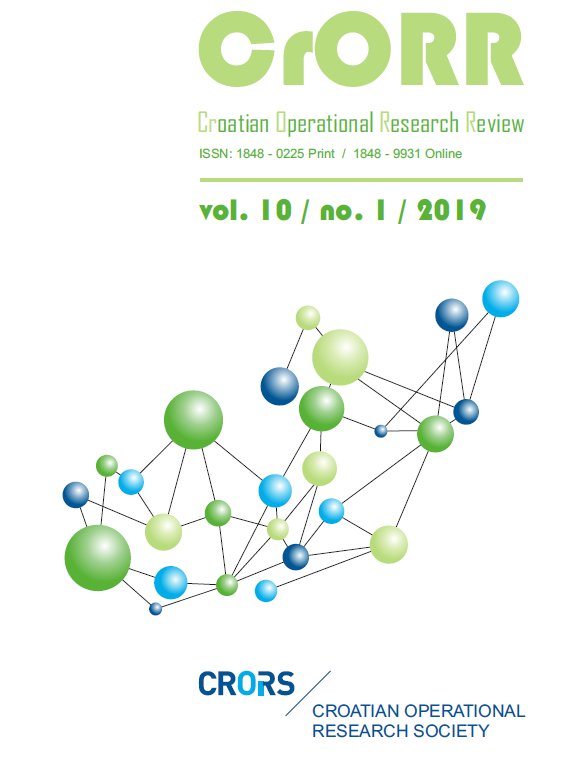External competitiveness and the role of fiscal policy: does fiscal austerity matter?
Abstract
During and after the sovereign debt crisis that hit most of the EU member states after the Great Recession, the question of the effectiveness of fiscal policy vis-à-vis ensuring sustainable growth rates and changing the economic structure of member states was highly debated. Accordingly, this paper investigates the effects of shocks in government purchases and net taxes on the export competitiveness of the eleven new EU member states: Bulgaria, the Czech Republic, Estonia, Croatia, Latvia, Lithuania, Hungary, Poland, Romania, Slovenia and Slovakia. The countries are treated as a homogenous sample, but the empirical analysis extends beyond this. Namely, the paper examines two subsamples based on the exchange rate regimes of the eleven new EU member states: the fixed vs the flexible exchange rate regime. By applying the panel VAR analysis, over the 1999-2015 period, we have reached the following conclusions. First, fiscal austerity influences the level of exports in our sample. Second, the effects of shocks in fiscal policy on the level of exports are short-lived. Third, shocks in government purchases are the most important determinant for all the new EU member states. And fourth, shocks in net taxes influence the level of export only in the countries that have the flexible exchange rate regimes. Our results contribute to the literature that examines the effects of fiscal policy on the competitiveness of national economies by highlighting both the duration effect of fiscal policy on the level of export and also by pointing to the optimal economic instrument used with respect to the currency arrangement of the country.
Downloads
Published
Issue
Section
License
- Authors retain copyright and grant the journal right of first publication with the work simultaneously licensed under a Creative Commons Attribution License that allows others to share the work with an acknowledgement of the work's authorship and initial publication in this journal
- Authors are able to enter into separate, additional contractual arrangements for the non-exclusive distribution of the journal's published version of the work (e.g., post it to an institutional repository or publish it in a book), with an acknowledgement of its initial publication in this journal.
- Authors are permitted and encouraged to post their work online (e.g., in institutional repositories or on their website) prior to and during the submission process, as it can lead to productive exchanges, as well as earlier and greater citation of published work (See The Effect of Open Access).


